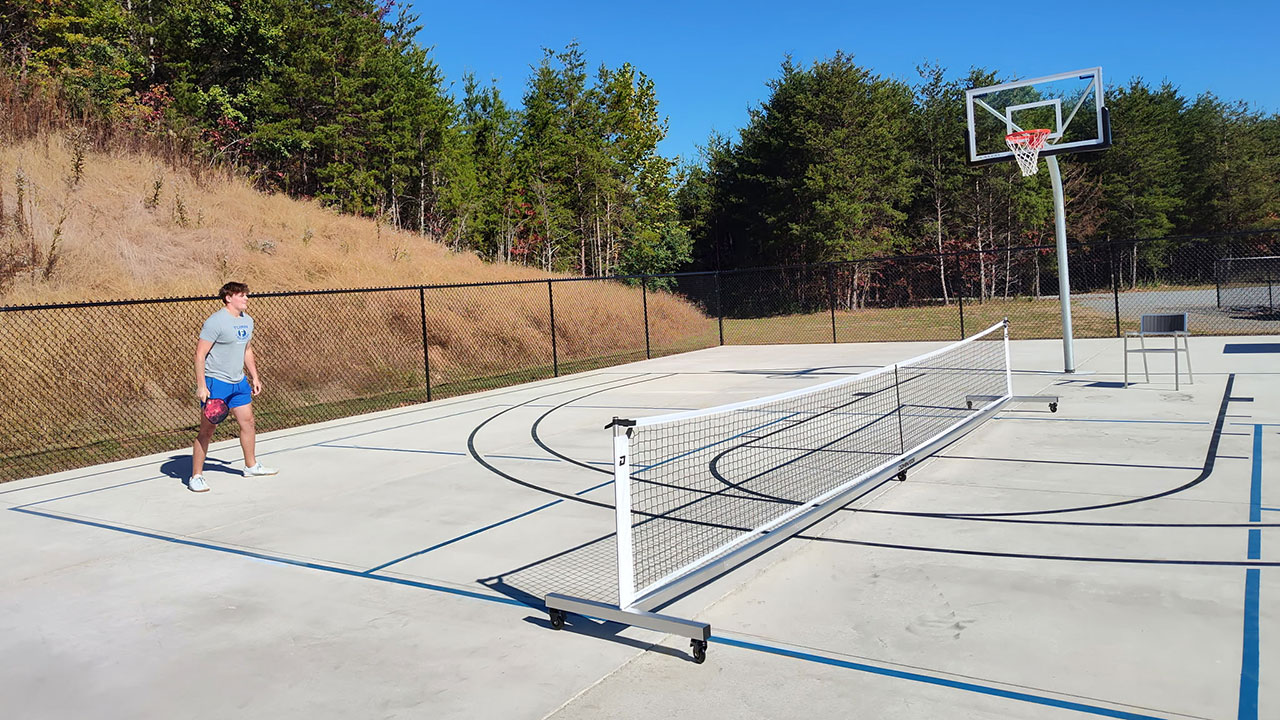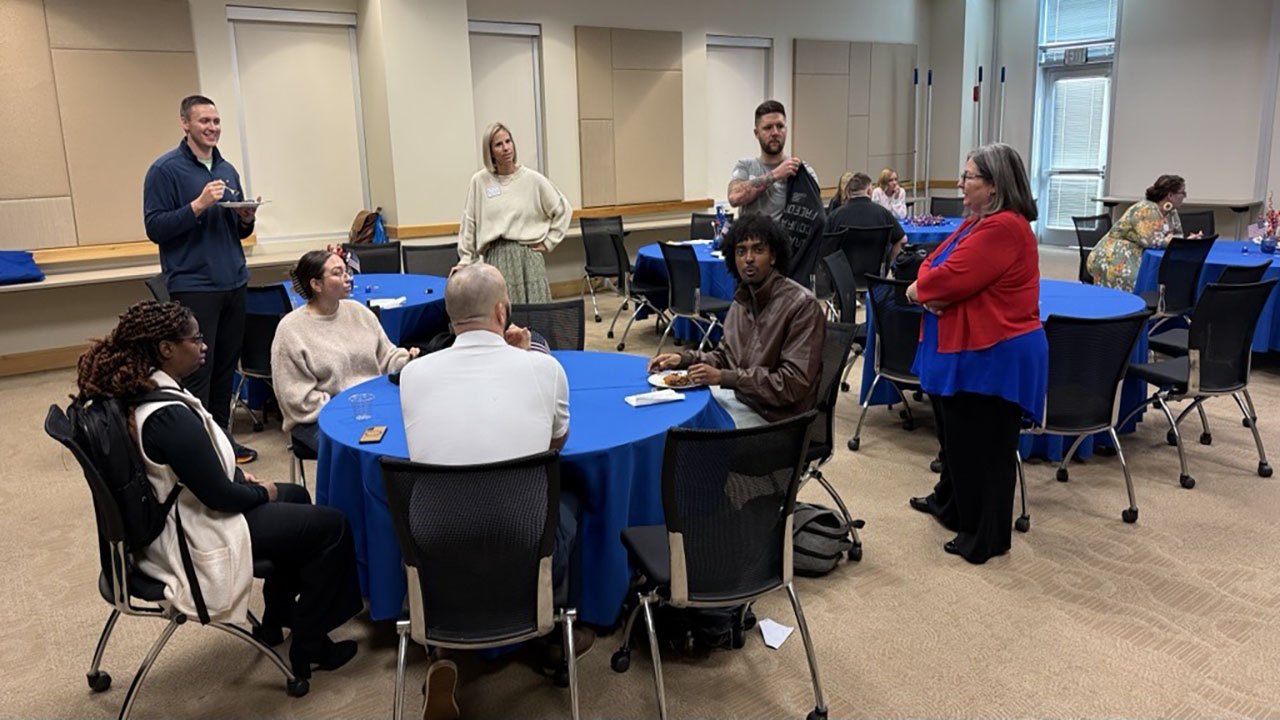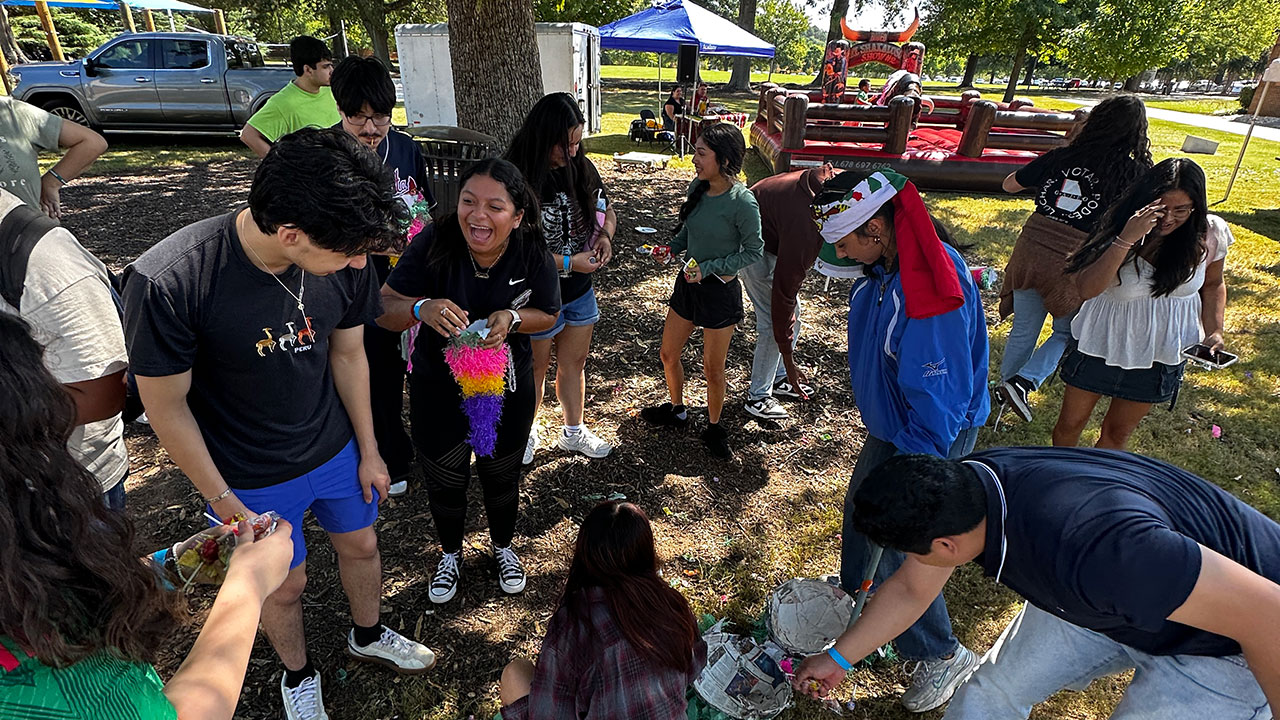Nigel Cares: Taking care of yourself

By Simon Cordery
Director of Student Counseling
Homeostasis is any self-regulating process by which an organism tends to maintain stability while adjusting to conditions that are best for its survival.
Homeostasis is a critical aspect of successful functioning. Human beings function better on a routine and when we are off our schedule things start to fall apart.
We have all seen it in ourselves and others.
When we get overly hungry, we get hangry. When the toddler misses his/her nap they get cranky. Alcoholics Anonymous has a great saying; "H.A.L.T. Never get too hungry, angry, lonely, or tired." Functioning will be negatively impacted.

Another name for stability is balance. Regularly paying attention to our self-care and working towards balance is a critical step in being successful at UNG.
Think of what it is like to be balanced and stable: Things are working well, our body and our minds are in sync with the world, and we are moving through our day accomplishing our goals with accuracy and efficiency. Of course, we all want that for ourselves.
Wanting to be in balance is one thing, but achieving it is another. It can be difficult and we may not do it perfectly but there are basic steps we can start with that will make a big difference.
- Getting adequate sleep is the most important thing you can do for yourself. Sleeping eight to 10 hours a night lowers the risk for health problems, reduces stress, improves mood, and allows us to think more clearly and perform well in school or work. It even reduces your chances of getting in a car accident and can help us get along better with people.
- A healthy diet and regular eating schedule is also a critical self-care component. Eating regular, healthy meals has many benefits, and reduces the risk of heart disease, stroke, obesity, and diabetes. It can also improve your mood, give you more energy, and boost your memory.
- Getting enough exercise is a third critical component of self-care. This can be anything from going for a walk, taking the stairs, or starting a regular moderate routine at the gym. In addition to the many physical benefits, regular exercise has been shown to improve mood, memory and self-esteem.
- Social Connection is a fourth critical component of self-care. People are social creatures and need to feel part of a group in which we are seen, heard, loved, and understood. Regularly making time for healthy relationships is a way to help balance the system.
- Finally, some meaningful hobby or activity that you can participate in and engage in is critical to keeping your system in balance. You cannot be a worker or a student 24/7. "All work and no play makes Jack a dull boy." Jack Nicholson said that in the movie "The Shining," and you know what happened to that guy!
Student Counseling will sponsor self-care and coping skills workshops and tabling events this week. Stop by and chat with us.



